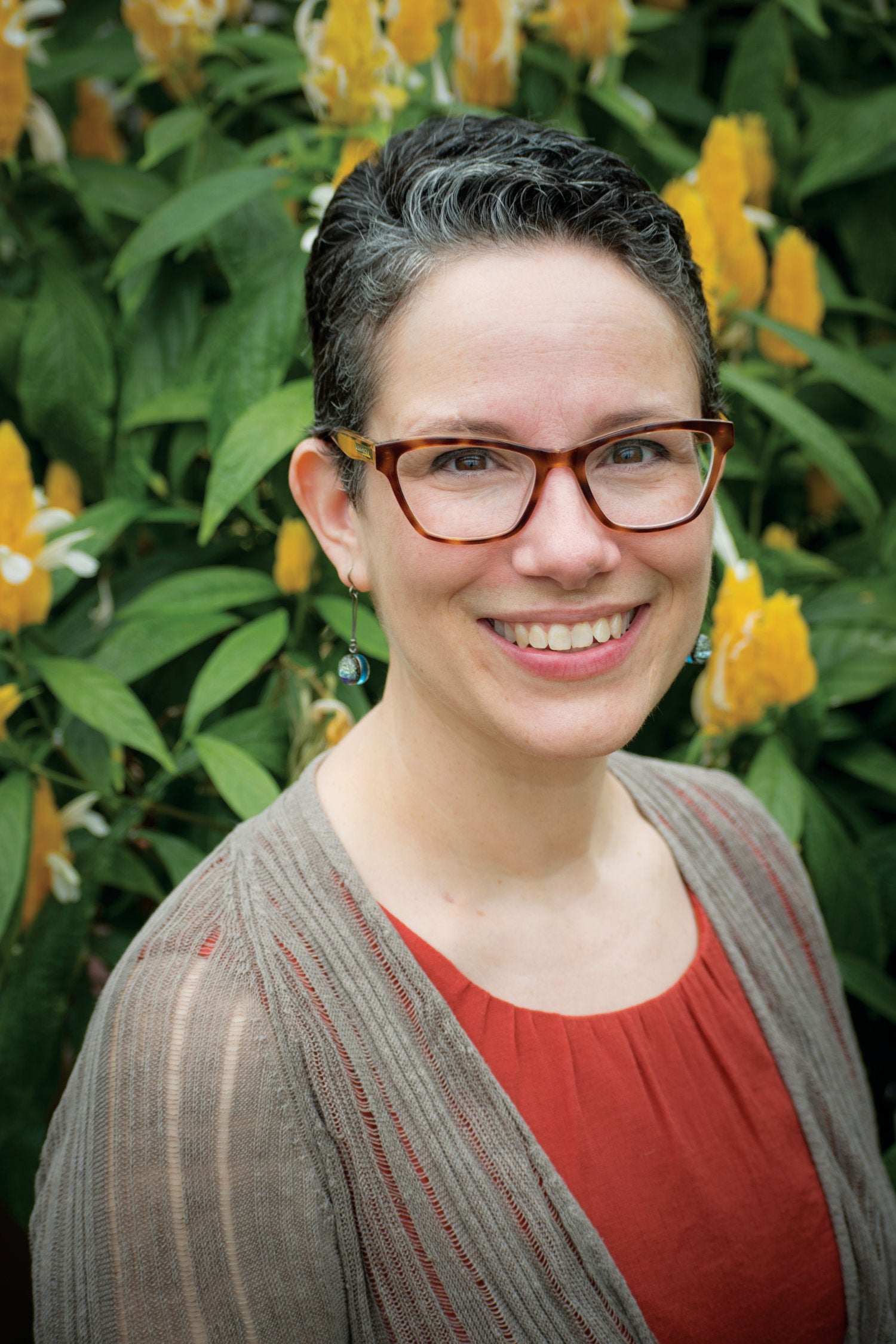By Sunshine Menezes
Science is objective and neutral, right? Maybe not, says Sunshine Menezes. By acknowledging our human subjectivity, we can move toward finding ways to counterbalance it—by creating more diverse scientific teams, for example. And given the gravity of some of the real problems we face today, such as climate change, there’s no time to wait.
I was taught that science is objective and neutral. As I began my career, I proudly championed scientific objectivity in my work with policymakers, advocates, and journalists, rebuffing their agendas in favor of my facts. But I was missing part of the picture.
I’m a scientist and, to be clear, I categorically believe in the value of science. Scientific inquiry advances our understanding of the world and makes our lives infinitely better.
But I’ve learned that science is not the purely and consistently objective, value-neutral undertaking I once imagined. Maybe I’ve lived long enough to see that nothing—not even science—is as clearcut as I once believed, and to recognize the shades of gray that our experiences and biases bring to every thought we have. We live in an important cultural moment—the very concept of objectivity is under scrutiny from many sides, particularly with regard to science and journalism. While some who question objectivity do so for personal gain (politicians, most notably), this line of questioning shouldn’t be discounted. History shows that one person’s “objective truth” may not correspond with another’s. And even the best journalism amplifies (or reduces) attention to particular facts by virtue of who is quoted and how the story is presented.
The issue that deserves discussion among scientists, engineers, and the public is how researchers’ own biases can affect our questions, our methods, and the conclusions we draw from our data, and how recognizing those biases can make our work better and stronger.
Awareness of scientific bias with regard to those who are discriminated against is critical. One of the most egregious examples of scientific malfeasance is the Tuskegee syphilis study, a 40-year assault upon African American men conducted from 1932 to 1972 by the U.S. government. The study was touted by the U.S. Public Health Service as free health care to African American men to treat “bad blood,” a catchall term that included syphilis, anemia, and fatigue. In fact, the study was designed to observe the progression of syphilis, with no intention of treating the participants, even after a cure became available in 1947. But not all examples of scientific bias are so malicious or obvious.
“Scientists and engineers can start to address these inequities by recognizing the impossibility of complete objectivity. Each of us has much to learn from people with different perspectives than our own, and there is ample evidence that diverse scientific teams are more productive and creative.”
–Sunshine Menezes
A contemporary example of unconscious bias concerns artificial intelligence (AI). AI uses computer algorithms to illuminate patterns in massive data sets—patterns that inform many aspects of our lives, including health care, banking, and hiring decisions. While computers do the heavy lifting in this work, humans set the process in motion, which can allow researchers’ biases to influence the analyses through the initial questions they pose.
Scientists and engineers can start to address these inequities by recognizing the impossibility of complete objectivity. Each of us has much to learn from people with different perspectives than our own, and there is ample evidence that diverse scientific teams are more productive and creative. Researchers are identifying ways to “co-create” knowledge with communities, asking questions about cultural relevance and interpretation, and considering how to communicate more inclusively. Metcalf Institute organized the #InclusiveSciComm Symposium last year, the nation’s first conference devoted to discussing these issues in the context of science communication. The demand was so great that we will hold the symposium again this September.
Acknowledging the limits of our objectivity might feel disorienting to scientists—and to journalists, too—who hold this as a basic tenet. But this limitation is part of our humanity. It’s universal. As we face the massive scale and complexity of current issues, such as climate change and the life-altering ethical questions of genetic engineering, it is high time that we accept our subjectivity and commit ourselves to the effort of doing the hard, valuable, and necessary work in front of us—undeterred, and even strengthened by an awareness of the limitations of our objectivity.
Sunshine Menezes, Ph.D. ’05 is the executive director of URI’s Metcalf Institute for Marine and Environmental Reporting and clinical associate professor of environmental communication in the College of the Environment and Life Sciences.

